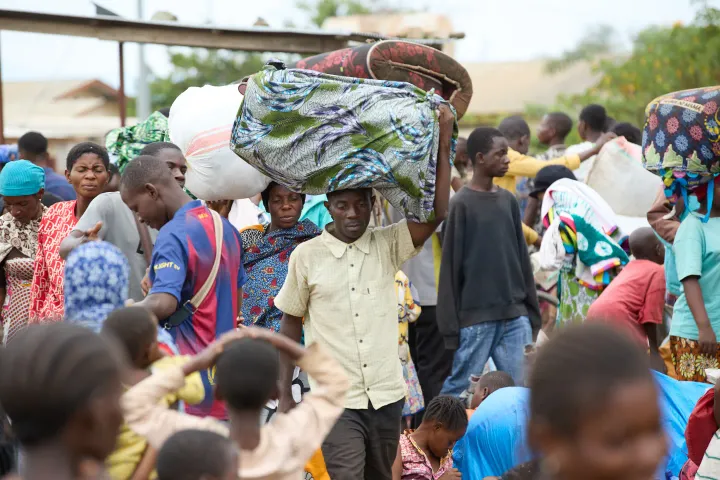At least 50,612 cases of tuberculosis (TB) were reported in Angola from January to September this year, the country's health authorities said.
These include 3,509 children under the age of 15 and another 3,87 cases of co-infection of tuberculosis and HIV, the Secretary of State for Public Health, Carlos Pinto de Sousa, said on Wednesday in the capital Luanda.
Carlos Pinto de Sousa said the high "burden" of morbidity and mortality due to tuberculosis has negative consequences for the health sector and the economy.
He cited absenteeism from school, work and loss of productivity as come of indicators of the impact of the disease burden on development, the Angola News Agency reports. He did not give the number of deaths.
Diagnosis efforts
The health official was speaking at a meeting on validating Angola's National Strategic Plan for Tuberculosis - a programme of action against the disease from 2023 to 2027.
In the entire 2022, Angola reported 69,259 cases of tuberculosis in all its forms.
According to Carlos Pinto de Sousa, the country's 18 provinces have the capacity to diagnose drug-resistant tuberculosis with more municipalities now having treatment centres.
He called for more collaboration among government agencies as well as support from communities especially in ensuring early diagnosis.
"Together we can guarantee the sustainability of early diagnosis and timely, uninterrupted treatment to put an end to the disease," he said.
Global outlook
Tuberculosis or TB is an infectious disease that most often affects the lungs and is caused by a type of bacteria. It spreads through the air when infected people cough, sneeze or spit, the World Health Organizastion says.
The latest Global Tuberculosis Report released by WHO on Tuesday shows that an estimated 10.6 million people were infected with the disease worldwide in 2021, up from 10.1 million in 2020 and reversing many years of slow decline.
The Covid-19 pandemic has had a damaging impact on access to TB diagnosis and treatment and the burden of TB disease, according to WHO. "Progress made in the years up to 2019 has slowed, stalled or reversed, and global TB targets are off track," states the report.
The most obvious impact has been a substantial reduction in the reported number of patients newly diagnosed with TB in both 2020 and 2021, suggesting an increase in the figures of people with undiagnosed and untreated TB.
























